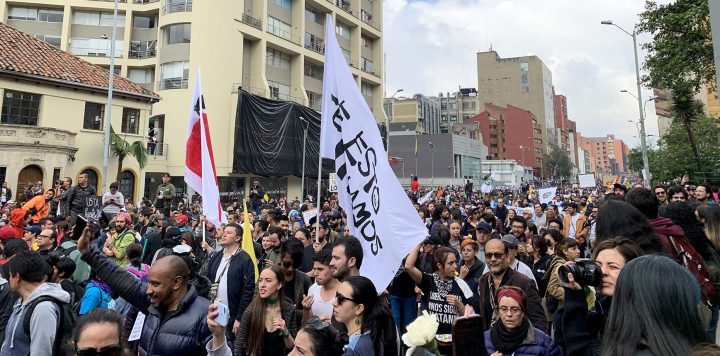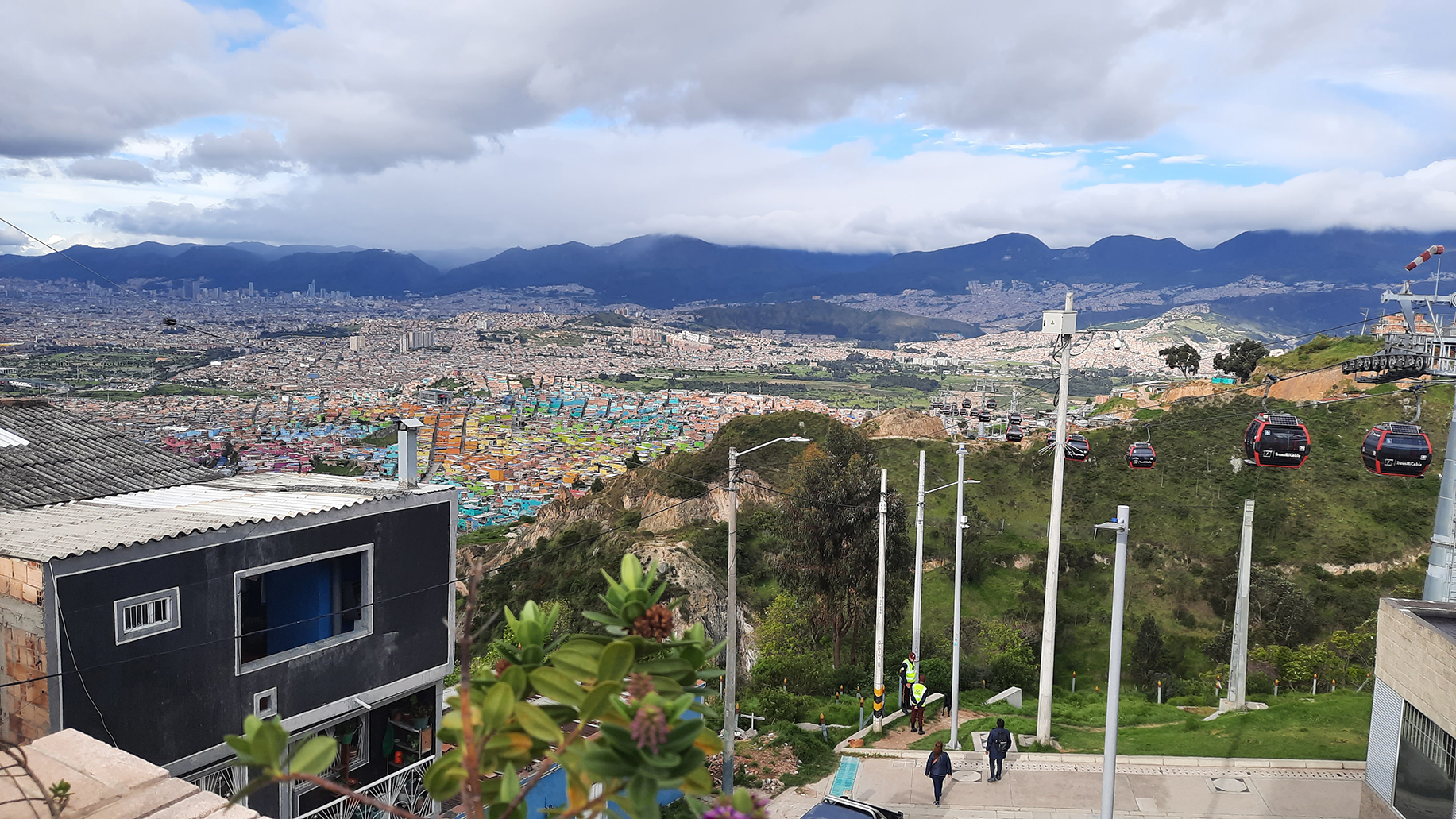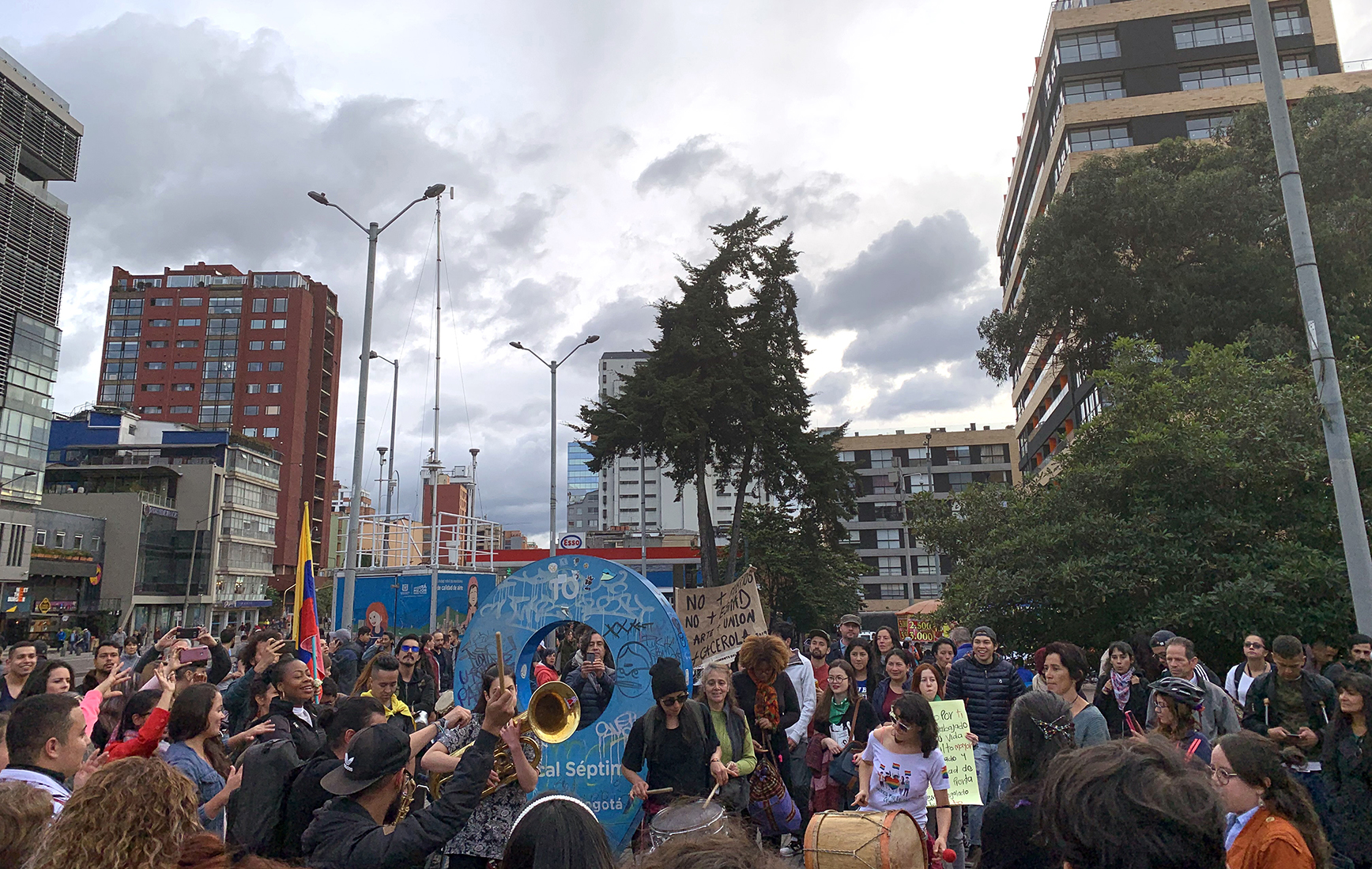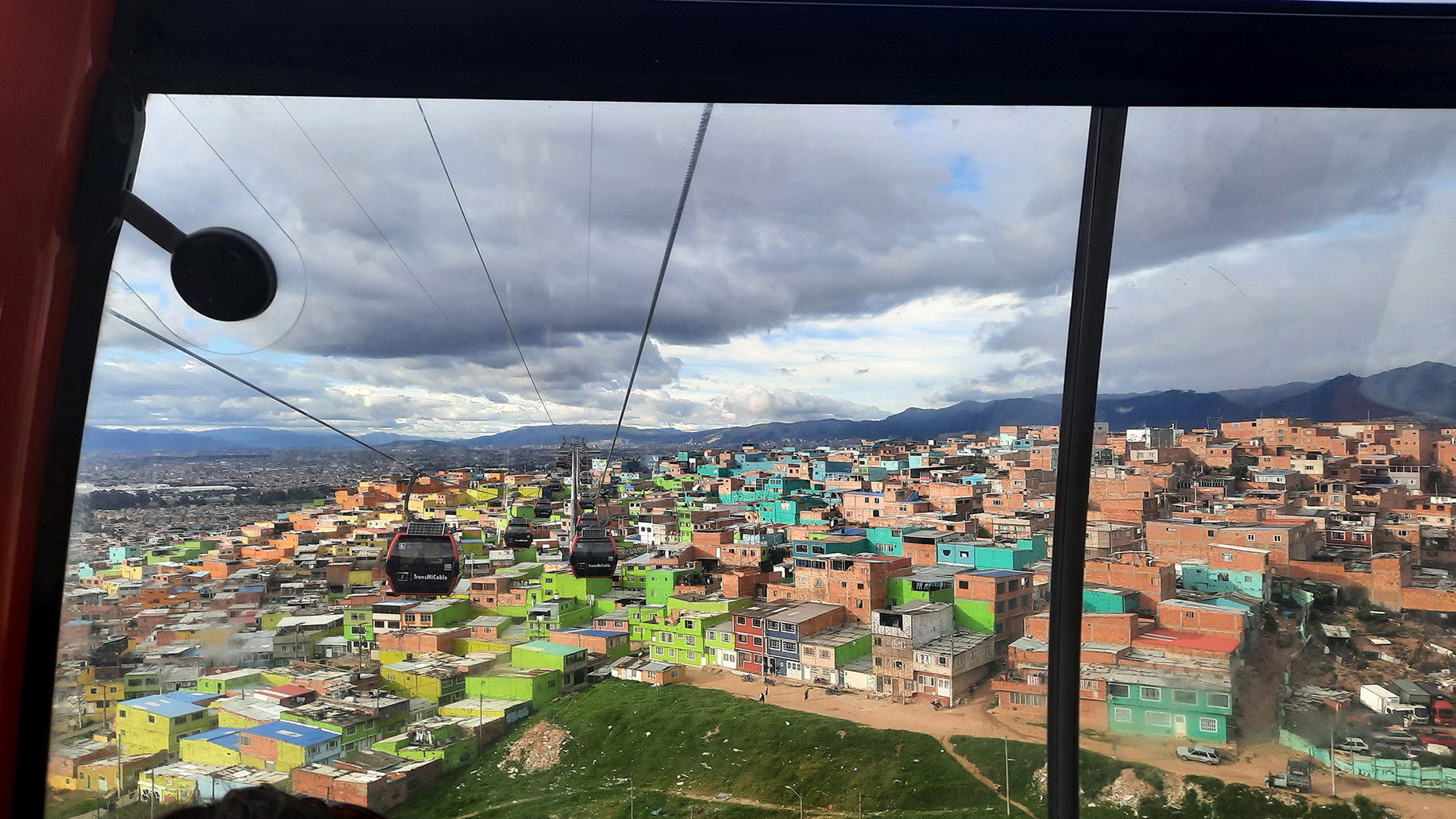SOUTH AMERICA-AFRICA OP-ED
A series of firsts in Colombia sparks new hope for building bridges across the Global South

It was a perfect storm that may have given way to a new era. Indeed, the South American country is undergoing many ‘firsts’. The new government is the first left-leaning administration in the history of the country with Gustavo Petro, a former guerrilla fighter at its helm. It is also the first time the country has an Afro-Colombian woman as vice-president, and possibly the first time a president highlights a desire to build bridges with Africa.
Last week, Colombia inaugurated its first left-leaning government in its history. This election follows an important period in the country with the signing of a peace deal that brought to an end 50 years of conflict, two years of unprecedented mass protests, primarily led by young people, and an election that almost saw someone dubbed the Colombian Trump elected as president.
Colombia is very much like South Africa – full of all the extremes of everything good and bad. Endowed with enormous natural and cultural wealth, both countries come from histories of conflict, and both have tried to use transitional justice to heal these wounds.
Colombia, after several false starts, commenced that process in 2016 with the signing of a peace deal between the government and guerrilla group the Revolutionary Armed Forces of Colombia.
Recently, we visited Ciudad Bolívar, one of the largest and most marginalised neighbourhoods in Bogotá, Colombia’s capital. The public impression, much like similar townships in South African cities, has been that it is a dangerous and inhospitable place; and while safety and precarious living conditions are indeed a reality, we also had the experience of a place born anew – from the way we entered its physical space to learning its history through a local museum guide who referred to it as a “self-built neighbourhood”, while explaining the political and social history of the area.

A view from the top station of the cable cart in Ciudad Bolívar looking at the city in the distance. (Photo: Local South)
We travelled in a relatively new cable car installed in 2018 that gives residents quick access to the rest of the city, and which turned a two-hour journey on windy, congested roads into a 12-minute direct, aerial trip with incredible views of both the neighborhood and the city more broadly.
Seeing how far the city centre looked from Ciudad Bolívar put into perspective the enormity of Bogotá, but also provided a window into the election of a government emphasising the need to bridge this enormous gap – painfully visible from the cable car – between the rich and the poor. It was eerily similar to standing on Khayelitsha’s Lookout Hill, looking across the vast sprawl of the Cape Flats towards the city centre.

Music has been a central part of the protest movement. (Photo: Local South)
Rampant inequality and corruption, low social mobility, assassinations of activists and community leaders, power at the hands of a small elite, combined with a tax reform targeting the large but precarious middle class, meant that in November 2019, a series of popular and unprecedented demonstrations were held across Bogotá, which then spread to other Colombian cities.
Like in South Africa, Covid and associated measures to control the virus led to major socioeconomic devastation and, by 2021, protests against the government had grown exponentially. The government under former president Iván Duque had resisted (some argue, derailed) implementing many of the core parts of the peace process.
Visit Daily Maverick’s home page for more news, analysis and investigations
It was a perfect storm that may have given way to a new era. Indeed, the South American country is undergoing many “firsts”. The new government is the first left-leaning administration in the history of the country, with Gustavo Petro, a former guerrilla fighter, at its helm. It is also the first time the country has an Afro-Colombian woman as vice-president, and possibly the first time a president has highlighted a desire to build bridges with Africa, as Petro did in his inauguration speech.
This South-South opening aligns with a new view on the positioning of the country, both domestically and internationally. While efforts to re-establish diplomatic relations with neighbouring Venezuela have raised some eyebrows, plans to improve the country’s climate goals to minimise extractive industries and accelerate the energy transition have put Colombia at the vanguard of nations in the Global South that are following global commitments with actions.
It also seems aligned with the government’s philosophy which vice-president Francia Márquez has heralded, and which has been popularised as the desire to live with dignity, in peace and joyfully (“vivir sabroso”, in Spanish).
In a country where racism, classism and sexism are the norm, Márquez has captured the imagination of young and old and has shown that a different way of not just doing politics, but of doing life, is possible.

Ciuidad Bollivar, one of the largest marginalised neighbourhoods in the city, from up above while traveling in the cable car. (Photo: Local South)
That sense of hope and optimism was palpable through the symbolism on inauguration day and beyond. It has not only been a matter of new faces in leadership positions, but also frank conversations about what is required to bring about long-lasting change in a country governed by just a few families for so long.
Challenging those elites, as well as the politics Gustavo Petro represents, means his ascent to power is not welcomed by all sectors of society. Some cannot forgive that he was once a member of M-19, an urban guerrilla group formed in the 1970s and demobilised in the 1990s to form a political party. But this is part of the peace process, an opportunity to write a different history with those previously relegated and obliterated, and acknowledging the profound pain of a senseless war.
The first few days of this new administration have been focused on the new promises, notably to reduce inequality and negotiate with the last standing guerrilla group, the ELN, to bring “total peace”, among others.
Expectations are high and unlikely to be completely met; Gustavo Petro had a less than perfect record while mayor of Bogotá; Márquez has little experience in government; and they only have four years to change the course of a 200-year history.
Not all will be achieved, but such radical change is a breath of fresh air and, hopefully, the beginning of new pathways for governing, thinking, living and connecting with the rest of the world – particularly Africa. DM/MC
Marcela Guerrero Casas and Dustin Kramer are co-founders of Local South. Located between Cape Town and Bogotá, they work across some of the central and common issues facing African and Latin American cities today, while using dynamic and locally driven approaches that help build bridges across the Global South.



















 Become an Insider
Become an Insider
Comments - Please login in order to comment.